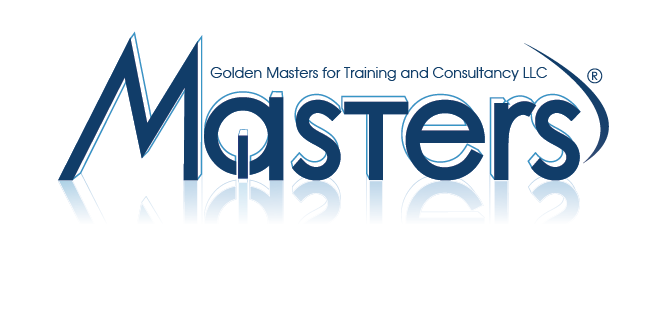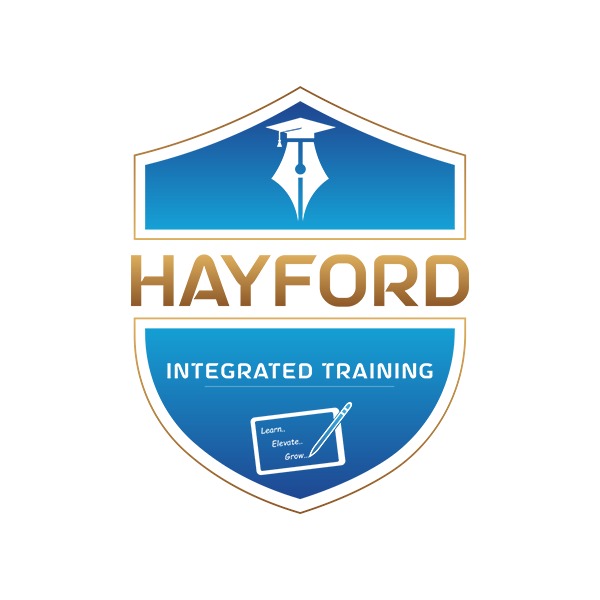International Accounting Standards are definitive. These are the rules and guidance that all accountants must follow and thus all investors and business managers understand. This seminar explains in a meaningful and practical way what the St

Masters Training Company was established in response to the growing need for quality training to support the business community within your Company, Department or Organization by providing a high standard of Training Programs, Courses, Seminars, Workshops and Consultancy Services to employees in a very competitive business environment.
Masters is also an approved vendor from KHDA & ILM
(Institute Review)
55 years ago(Institute Review)
55 years ago
Welcome to "Navigating IFRS: From Principles to Practice," a comprehensive two-day workshop designed to provide participants with an in-depth understanding of measurement and recognition principles under key International Financial Reporting

The Certificate in International Financial Reporting Standards (IFRS) is a specialized program that provides in-depth knowledge and practical understanding of the principles and application of IFRS, which are global accounting standards used

This course is meant to provide participants with a thorough grasp of the IFRS concepts and implementation. This course will provide you with the information and skills you need to manage the complicated world of international financial repo

This course will give the candidates specific knowledge of IFRS related to the banking industry and give you a thorough understanding of the International Reporting framework and standards of this field.

This course is suitable for finance professionals who want to enhance their knowledge of IFRS or those who are new to IFRS. The course covers the basic principles of IFRS and provides learners with the tools to apply these standards in their
© 2025 www.coursetakers.ae All Rights Reserved. Terms and Conditions of use | Privacy Policy